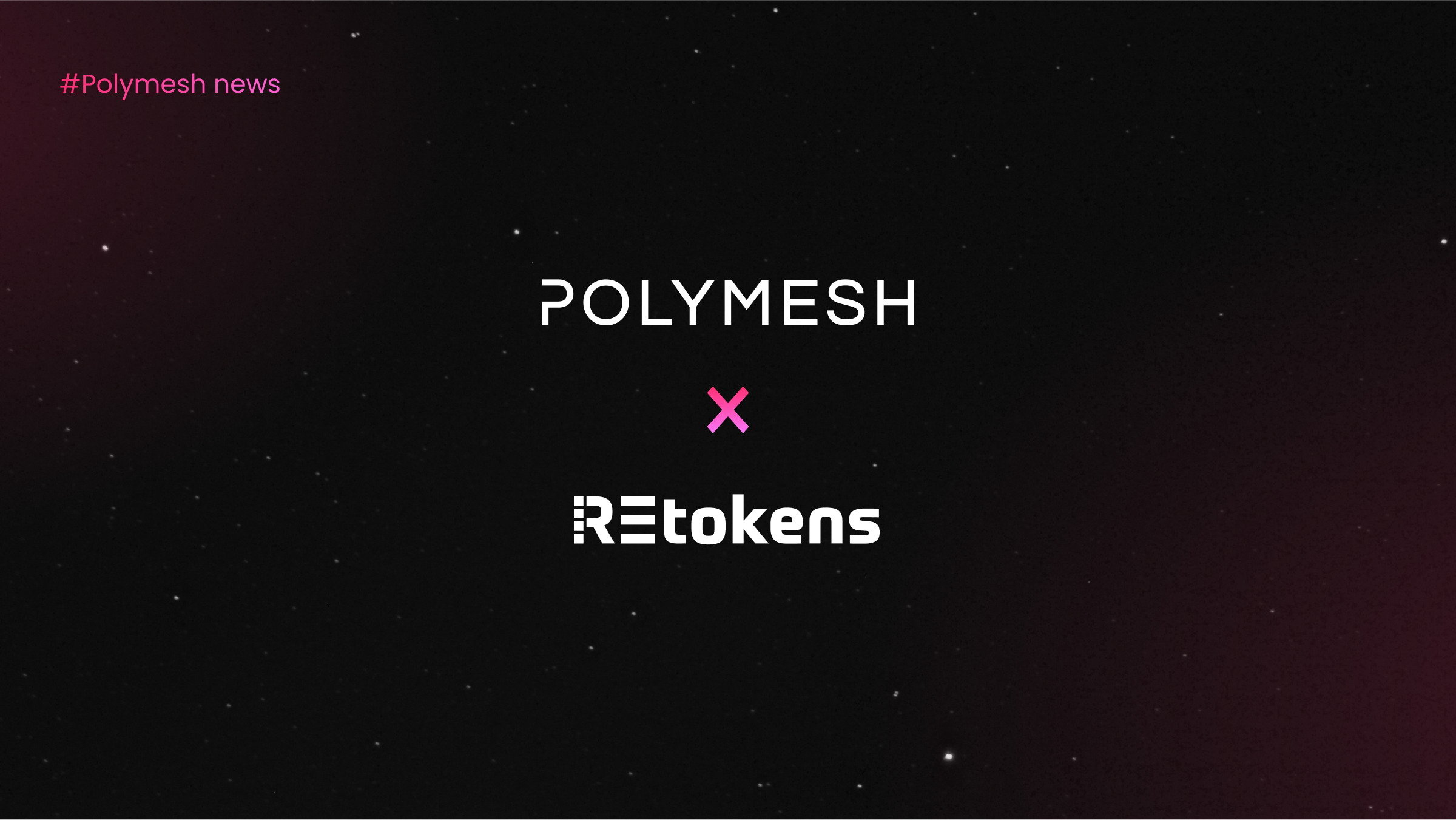Understanding the differences between public and private markets
Capital markets can be a critical mode of wealth creation, but how easily investments can be traded is largely a matter of which market they’re traded in.
There are two types of markets that make up the financial landscape: public markets and private markets.
Both options offer unique benefits to investors looking to invest their capital and to companies looking to finance themselves, however there are variations between the two in terms of investor access, liquidity, and regulation.
This blog post will help you understand the key differences between public and private markets.
Public markets
What are public markets?
Most individual investors will be familiar with public markets.
Public markets are financial markets where investments are traded on exchanges and easily invested in by the public. Examples of traditional asset classes include company stocks, mutual funds, ETFs, and bonds.
Examples of well-known public markets are regulated stock exchanges such as the New York Stock Exchange (NYSE), Nasdaq, and the London Stock Exchange (LSE). Other examples of public markets include the bond market and commodities market.
Public markets are where companies go to unlock capital from a wide pool of investors and give private investors a chance to realize profit from their original investment. Many of the world's largest, well-known companies – think Apple and Amazon – are listed on public markets.
The typical route to “going public” and listing on a public exchange is via an initial public offering (IPO), where new shares are issued for the first time. Other options include a direct listing, where employees and investors sell their existing shares to the public, or using a Special Purpose Acquisition Company (SPAC).
What are the benefits of listing or investing in public markets?
The primary benefit of public markets is high liquidity. Investors can easily buy or exchange investments for cash whenever they want, enabling them to move their money quickly and efficiently. As a result, public markets can offer good price discovery and fast access to capital.
Additionally, investing in public markets via traditional brokerage firms is fairly accessible and inexpensive for most individual investors, meaning retail investors can participate alongside larger institutional investors such as banks.
Another benefit of public markets is transparency from being tightly regulated. To protect investors from unknown investment risks, public companies face rigorous disclosure requirements and are legally required to provide regular updates on performance to their shareholders. This makes it easy for investors to find information on them and make more informed choices about whether to buy, hold, or exchange a particular asset.
Finally, public markets are characterized by a fairly predictable growth pattern consisting of infrequent periods of high volatility, punctuated by longer periods of modest growth. This model particularly suits retail investors who want to “set it and forget it”.
What are the challenges of public markets?
For companies, the process of listing on a public exchange can be time-consuming and expensive. The company will need to comply with many financial and reporting requirements, including providing information about their financials, revenue, and performance.
For investors, the volatility of public markets can diminish the potential for high returns. The value of an asset can fluctuate wildly in response to news or economic conditions, with a possibility of loss in an economic downturn. Value can also be affected by influence; overly optimistic investors can inflate prices to a bubble that eventually bursts, leading to high losses for investors caught holding the asset.
There are also company-specific risks to investing in companies listed in public markets, such as fraud or mismanagement. However, these risks apply to investing in private markets as well.
Private markets
What are private markets?
Private markets are financial markets where investments are bought and traded privately (i.e. non-publicly).
Whereas public markets feature mainstream investments, private markets feature more alternative assets. Common asset classes in private markets include venture capital, growth equity, private equity, hedge funds, real estate, and private debt.
Private markets are exclusive and only open to the extremely wealthy or professional investors. Typical investors in private markets are ultra-high net worth individuals, large institutions, family offices, pension funds, or sovereign wealth funds.
Like public markets, private markets can be a medium for companies to raise capital. Private companies can use private markets to exchange equity for the funding and mentoring they need to grow. Common investors of private companies include venture capital firms, which invest in young companies and startups, and private equity firms, which invest in more established companies.
It’s important to note, though, that not all private companies are backed by investors such as venture capital or private equity firms; many remain family or individually-owned.
Because private markets are exclusionary and private, they are less widely known and therefore less accessible than public markets. While there are exchanges for privately held equity (e.g. Forge Global), private markets are largely informal; most business is conducted at the conference table.
What are the benefits of issuing or investing in private markets?
The primary benefit to private markets is high returns. Private markets are quite illiquid in comparison to public markets, and investors will often hold private market investments to maturity (i.e. for years) as a result. However, this extra risk is compensated for as private markets tend to yield higher returns than what investors could get in a public market.
Additionally, as private companies are often in the early stages of development, they have high growth potential that tends to translate for investors into significant returns on their investment.
Investors can also use private markets to diversify their portfolios and reduce overall risk, as private investments are not closely correlated with public market investments and so can help offset public market volatility.
For companies, private markets can be beneficial because they have less obligations in terms of regulatory compliance. Companies who choose to sell equity in the private market can avoid the expensive and time-consuming process involved in listing on a public exchange. They also only have to work at pleasing a small investor base. (Unfortunately, this makes investments more risky for individual investors).
What are the challenges of private markets?
For both companies and investors, private markets can be highly manual and hard to trade in as they have much less institutional involvement.
For investors, private markets are risky because of the illiquidity of investments. Investors cannot exchange their assets whenever they want as they could on a public exchange, which can be problematic if they want to cash out or move their money. However, as mentioned above, private markets compensate for this by offering the potential for higher returns.
Another issue is lack of transparency and public information compared to public companies. Being less heavily regulated, private companies face less reporting requirements than public companies. This can make it hard to find reliable information on them and prohibit investors from making informed choices about particular investments.
Finally, this lack of information also makes it hard to quantify their volatility, especially since most startups fail to survive past their first year. This can make private markets much less predictable than public markets.
How tokenization can bring securities to public and private markets
Tokenization of securities is the process of converting securities into a security token that can be traded on a blockchain such as Polymesh. In recent years, tokenization has emerged as a promising tool for streamlining the process of bringing securities to public and private markets.
Here are some ways that tokenization on Polymesh can achieve this:
- Faster and cheaper transactions: Tokenization can simplify the process of issuing, trading, and settling securities. By converting securities into security tokens, tokenization can reduce or eliminate the need for intermediaries, ultimately making transactions faster and cheaper.
- Increased accessibility: Tokenization can open the securities market to a wider range of investors. The global nature of blockchain enables issuers to reach investors anywhere in the world, and investors can buy and exchange securities on-chain with just a few clicks. Barriers to entry are lowered, and market liquidity is improved.
- Enhanced transparency: The decentralized ledger can increase transparency and help to recapture millions of dollars lost every year from misconduct. Blockchain contains an immutable record of ownership and transaction history that all parties can rely on, reducing the risk of human error or fraud.
- Fractional Ownership: Tokenization makes fractional ownership truly feasible, enabling investors to buy and sell fractions of assets and diversify their portfolio by participating in investments that were previously out of reach.
- Automated Compliance: Tokenization makes it easier to comply with securities regulations by harnessing the power of automation. With Polymesh, compliance is built into the token, reducing the cost and complexity associated with regulatory compliance and making it easier for issuers to bring securities to market.
- Private markets: Tokenization can enable creation of new private markets for securities by making it easy to issue and trade security tokens, widening possible investors in private markets. On Polymesh, issuers can leverage the network’s unique identity system and compliance engine to ensure transfers are still restricted to a small group of accredited investors and comply with securities regulations.
The tokenization of RWAs is galvanizing new opportunities for investment yield in DeFi while unlocking liquidity in traditionally illiquid asset classes.









































